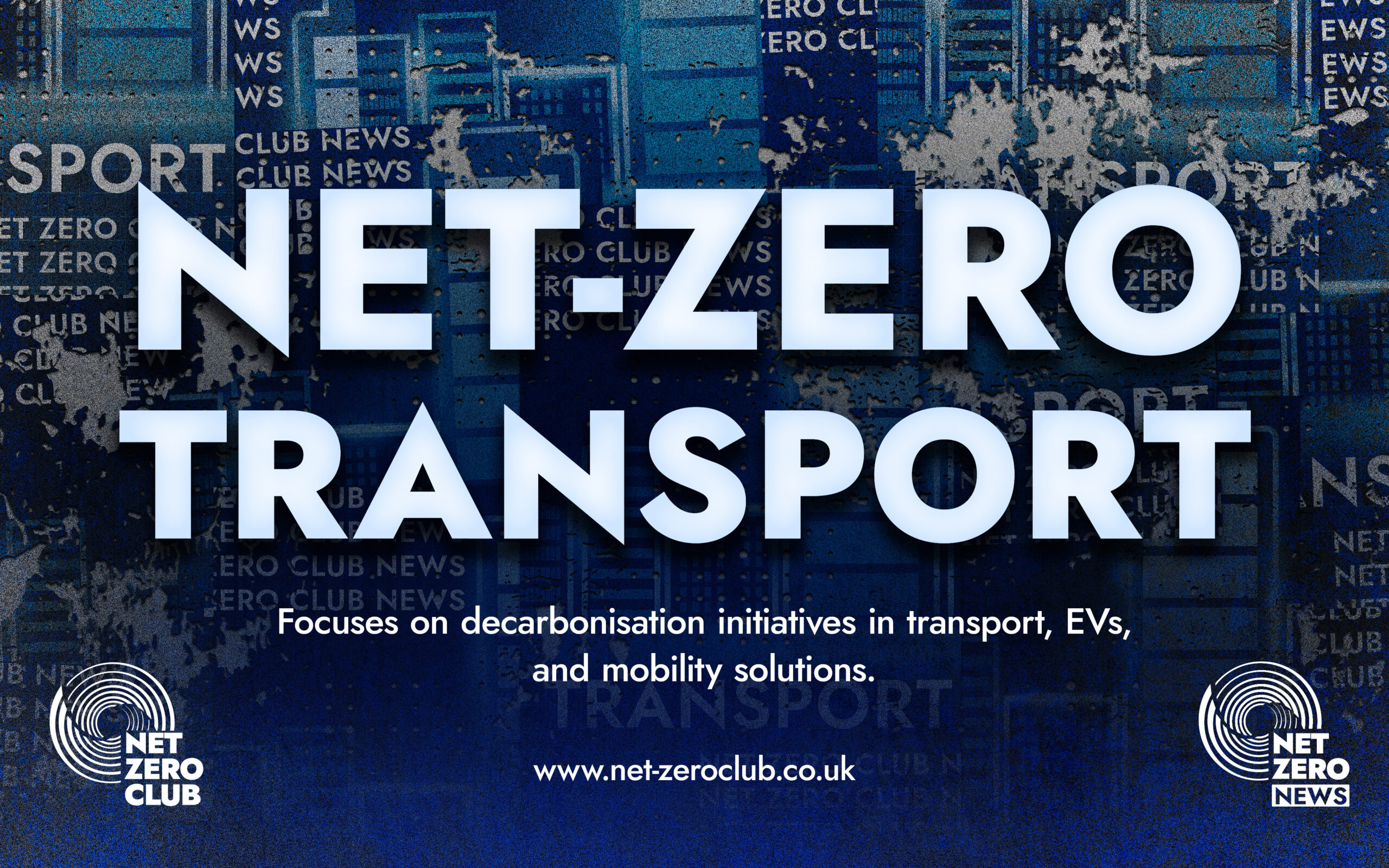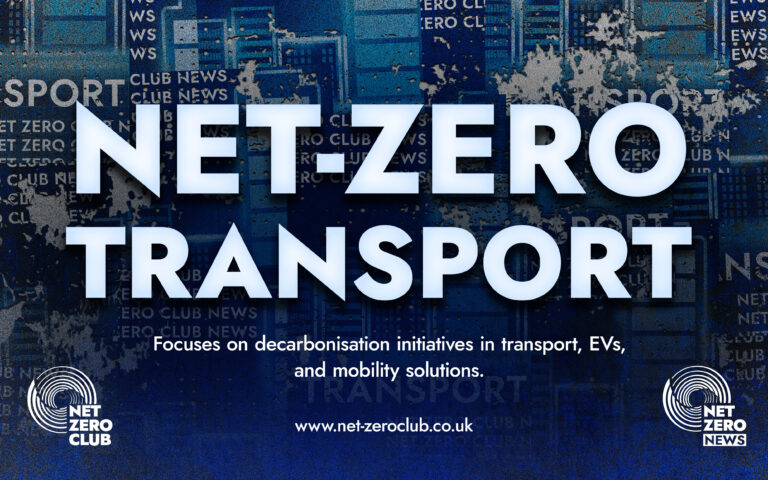Affordable Charging Essential for EV Transition Success

Welcome, Net Zero News readers,
As the UK continues its ambitious journey towards a greener future, a recent study has underscored the urgent need for government intervention to address soaring energy costs that threaten the nation’s electric vehicle (EV) transition. As we strive for a sustainable transport system, ensuring affordable charging solutions is paramount.
Commissioned by ChargeUK, the leading association representing charging firms, the report has laid bare the staggering rise in energy expenses faced by the charging sector. Since 2021, energy bills have surged by as much as 79%, while standing charges have skyrocketed by a staggering 462%. These dramatic increases directly influence the prices drivers pay at the pump, posing a significant barrier to widespread EV adoption.
The white paper, titled Delivering Affordable Charging for All, highlights three pivotal actions that the government can implement to foster cost-effective charging solutions. With a quarter of all new car sales now comprising EVs and the UK’s public charging network surpassing 85,000 charge points this month, the importance of accessible and affordable charging cannot be overstated. Without it, the transition to electric vehicles may stall, leaving many potential drivers hesitant to make the switch.
Vicky Read, Chief Executive of ChargeUK, has voiced her concerns, stating, “If the Government wishes to ensure that the cost of charging does not become a barrier for millions of drivers wishing to transition to EVs, it must take decisive action. This includes tackling the exorbitant energy costs, addressing the VAT penalty, and incorporating EV charging into its existing Renewable Fuel Credit scheme.”
She further elaborated, “While most drivers can currently charge affordably, and the sector is innovating to provide additional cost-effective options, the public charging industry has been adversely affected by a series of policy and regulatory decisions that have exacerbated our costs, ultimately impacting driver prices.”
Indeed, the charging sector plays a crucial role in supporting the UK’s growing number of EV drivers, investing a remarkable £6 billion to expand the public network by approximately 30% each year. While many drivers can charge affordably through a combination of home and public charge points, the unfortunate reality is that public charging prices have risen by an average of 38% since 2021. This increase disproportionately affects those who lack convenient access to home charging solutions.
To substantiate these claims, ChargeUK’s white paper incorporates independent analysis from Cornwall Insight, revealing that the sharp rise in operators’ underlying energy costs—encompassing both wholesale energy and fixed charges—has been the primary driver behind average price hikes.
The report proposes a three-point plan aimed at policymakers to facilitate affordable charging for all drivers:
- Tackle prohibitively high energy costs: This involves accelerating existing regulatory reforms to reduce high standing charges and extending policy levy exemptions to the charging sector, similar to those already granted to other strategic sectors.
- Enhance the charging business case: Integrating EV charging into the existing Renewable Transport Fuel Obligation scheme could generate operator revenues that would support expansion and keep consumer prices competitive—all at no cost to the Government.
- Eliminate the VAT penalty on public charging: Reducing VAT on public charging to 5%, aligning it with home charging rates, would combat the current disparity that costs drivers unable to charge at home an additional £145 annually.
In her concluding remarks, Vicky Read emphasised the commitment of ChargeUK’s members to ensure that all drivers can access affordable charging options, regardless of their charging needs. “Today, we are outlining three actionable steps for the government to address or mitigate the high and rising costs that are beyond our control,” she asserted.
“The Government has already acknowledged that affordability is critical to the EV transition, having launched the Electric Car Grant. However, we now need ministers to concentrate on mitigating the business costs that affect charging affordability, thereby creating the best possible conditions for drivers to make the switch.”
Jacob Briggs, a senior consultant at Cornwall Insight, echoed these sentiments, warning that “high energy prices, escalating network charges, and the higher VAT rate on public charging compared to home charging ultimately mean that drivers are bearing the brunt of these costs. Unless the Government addresses these financial pressures, we risk transforming a promising narrative into a significant obstacle for millions of drivers eager to embrace electric vehicles.”
The findings of this report have been met with enthusiasm from the Electric Vehicle Association (EVA) England, a member association advocating for the interests of EV drivers. Chief Executive Vicky Edmonds stated, “With three out of four drivers believing that high public charging costs are a major barrier hindering more people from switching to electric, understanding the factors driving these costs is crucial.”
“It is apparent that EV charging has not been sufficiently prioritised in discussions surrounding electricity market policy and regulation. If we are to make public charging more affordable, it must become a central focus in future decision-making.”
The full ChargeUK white paper is accessible for further reading, providing comprehensive insights into the current landscape of EV charging and the necessary steps to ensure a sustainable and economically viable transition to electric vehicles.

 Got net-zero news, project updates, or product launches to share?
Got net-zero news, project updates, or product launches to share? 

